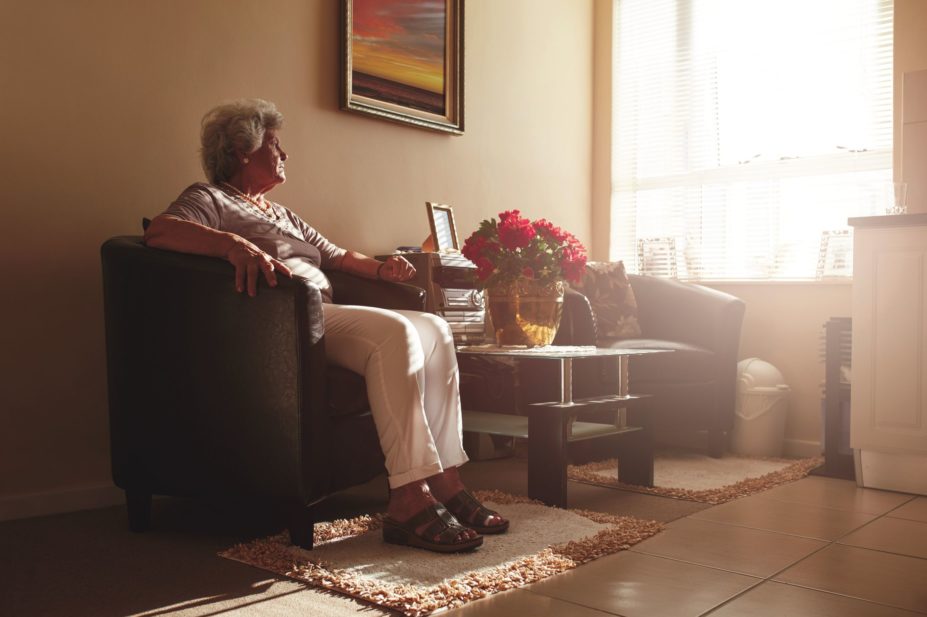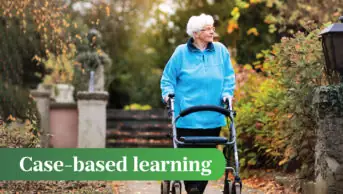
Shutterstock.com
Community pharmacy drivers who deliver prescriptions to patients’ homes are to be trained to spot signs of loneliness and isolation in frail older people in a pilot being developed in Wales.
Drivers recruited to the pilot — which is being run by the National Pharmacy Association (NPA) in partnership with the Hywel Dda University Health Board in Pembrokeshire — will use a validated computerised tool to carry out the assessment. The results will then be used to decide whether the patient would benefit from a referral to the NHS or social social services.
Drivers will be trained in the protection of vulnerable adults and dementia awareness, as well as how to signpost somebody to appropriate services. They will also receive basic life support training.
A spokesperson for the NPA said: “The NPA came up with the concept to identify people who may be lonely and socially isolated, which would help health and social care professionals make targeted interventions, as well as addressing other health and care needs.
“We successfully applied to the Welsh government for a grant to undertake development of this project. Currently we are in a very early stage of development.”
The pilot is part of the Welsh government’s first ever loneliness and social isolation strategy.
A spokesperson for the Welsh government said it will work with Hywel Dda University Health Board and the NPA to “capture data from the pilot”, adding that “the stakeholder team put in place by the health board will decide what is measured”.
“Once the measures have been agreed then appropriate training will be provided to the delivery drivers to allow them use the technology and undertake the assessment.”
Jill Paterson, director of primary, community and long-term care at Hywel Dda University Health Board, said: “A large number of our patients are [older] and vulnerable and live in very rural, isolated communities where the pharmacy delivery driver is sometimes the only person they have any regular contact with.
“This scheme will build upon the relationships that we already have with local communities, so that together with local authorities, and third sector partners we are able to offer interventions to reduce the risk of loneliness and social isolation, as well as promoting health and well-being.”


